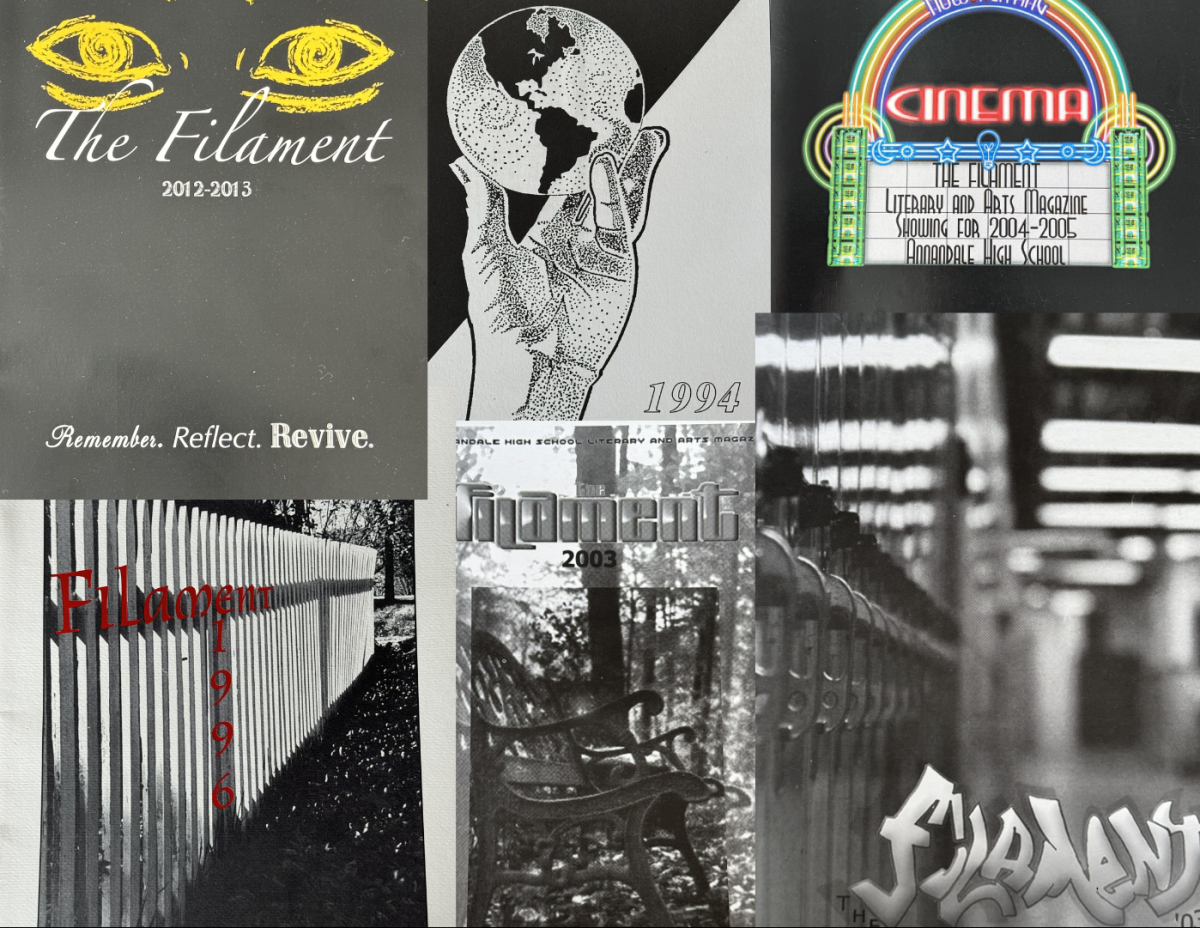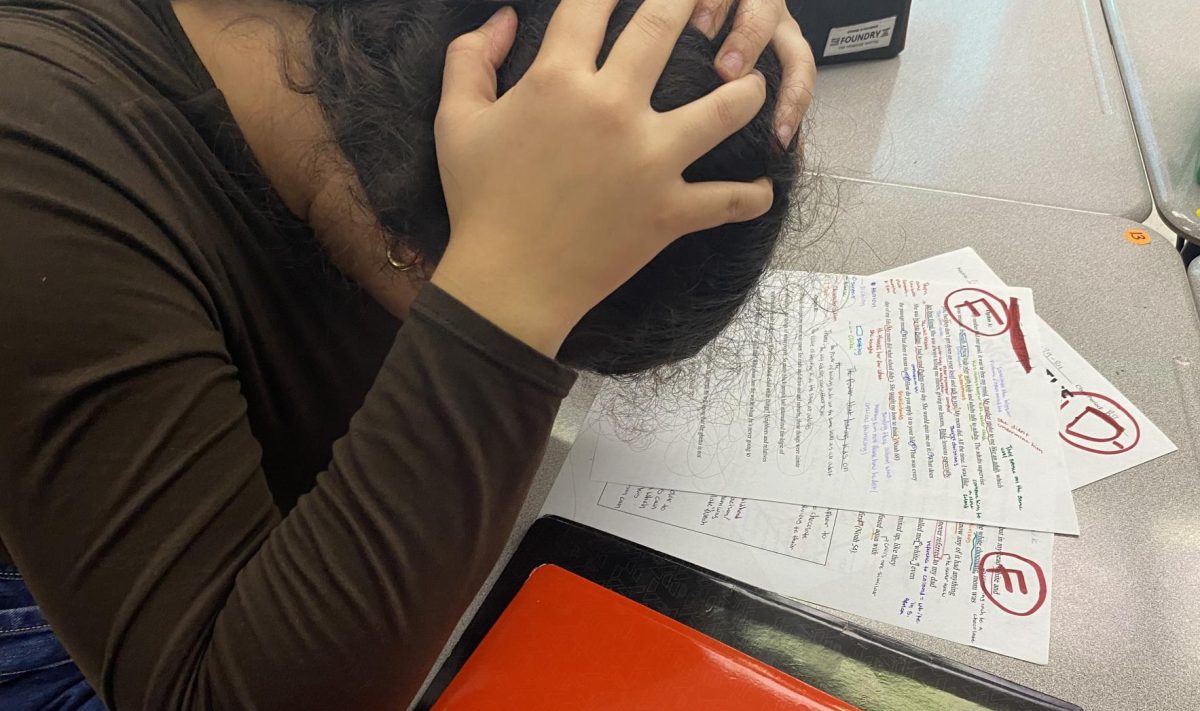While many teenagers have no issue making new friends and getting along with peers, stepping into the world of adults can often be intimidating, especially if you are unaware of their perception of you and how you should behave. However, with a little information, it is easy to learn just how to create a great first impression in any setting, from talking to an adult to interviewing for a job.
Anne Hill, an AHS mother, and the Chief Clerk of the U.S. Senate Committee on Commerce, Science, and Transportation understands this complicated dynamic well, as she is regularly involved in the hiring process for the non-designated staff that serves the administrative needs of the Committee. She has sat in on many interviews, and conducted informational interviews for individuals who want to work on Capitol Hill.
While some adults believe that teenagers in this generation are more poorly-behaved than ever, she argues that it’s just kids being kids.
“We were that way too, growing up in the 60s and 70s,” Hill said. “I’ve heard people say ‘young people don’t have a work ethic’ or, ‘the older generation are stogy and set in their ways’, but I think it boils down to individuals.”
In terms of general etiquette when interacting with adults, she argues that it’s back to basics.
“I always like it when someone says hello and looks you in the eye,” Hill said. “And I like a good hand shake.”
As a teenager, meeting an adult for the first time can sometimes be intimidating, but small gestures can make a big difference.
“I like to know my daughter’s friends and meet them because I think teens are interesting, and I like to ask them questions about their studies and what they want to do,” Hill said.
Making “small talk” with adults is also a good way to prepare yourself for more formal settings, like an interview.
“Interviewing is hard no matter what age you are, and even the most seasoned professionals can get butterflies if they’re going in for a job interview that’s really important to them,” Hill said.
Especially for teenagers, the stress comes simply from being in a location outside of school or our homes, which are their comfort areas. However, Hill believes that a little preparation can prevent anxiety and allow a candidate to showcase their talents. She suggests role-playing with friends or family.
“Sit down with a friend and get them to interview you to practice answering those hard questions, so that when they come up, you’ll be able to give appropriate answers,” Hill said.
Being presentable and dressed appropriately is also crucial to giving a good first impression. Today, often when told to dress in “business attire” it’s difficult to know what is professional, and what should be left for an evening out.
“I’ve always heard the axiom, ‘dress for the job you want, not the job you have’, Hill said. “However, if you’re 21 just getting out of college, I don’t expect you to have a fortune for a wardrobe.”
In fact, when interviewing candidates, Hill thinks that being neat, well dressed, with your hair pulled out of your face is perfectly acceptable. What is ultimately more important is your interaction with the interviewer. It is also important to remember that interviews are not interrogations.
“A good interviewer will always try to set the interviewee at ease by chatting about more mundane things,” Hill said.
While the first impression is key in interactions with adults, establishing a good work ethic is imperative to maintaining a positive reputation with adults. This set of habits and behaviors help to prove to adults that they are making the right decision by working with you or hiring you for a job.
“You want someone who is happy to get up and come to work in the morning. You want them to come to work ready to learn, to suggest new things and ask lots of questions,” Hill said.
This attitude not only helps an individual’s success, but is also contagious and can encourage others to work cooperatively and enthusiastically.
“You can be the smartest person in the world, but employers want someone who wants to be there, and can be a positive role model for others,” Hill said.







